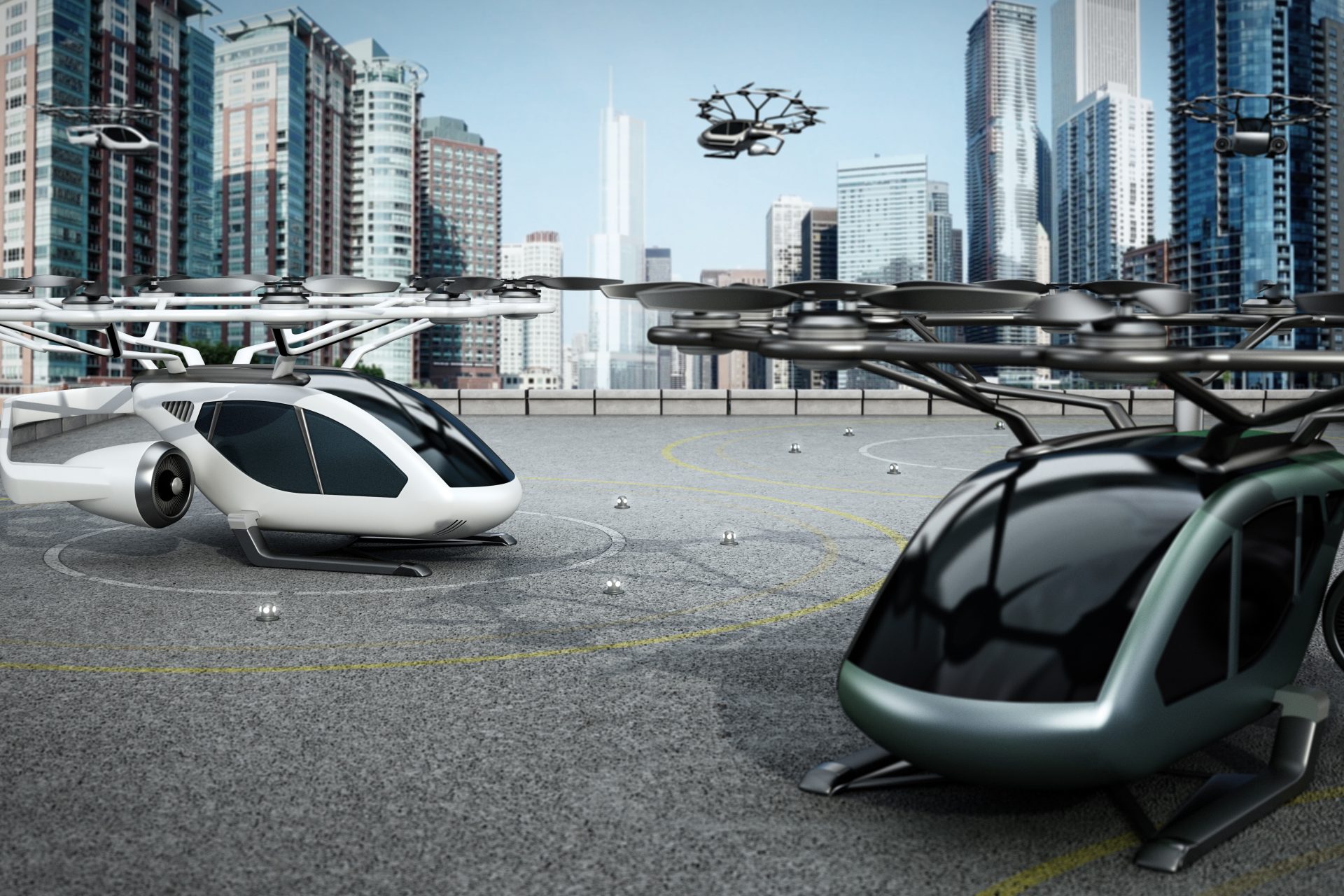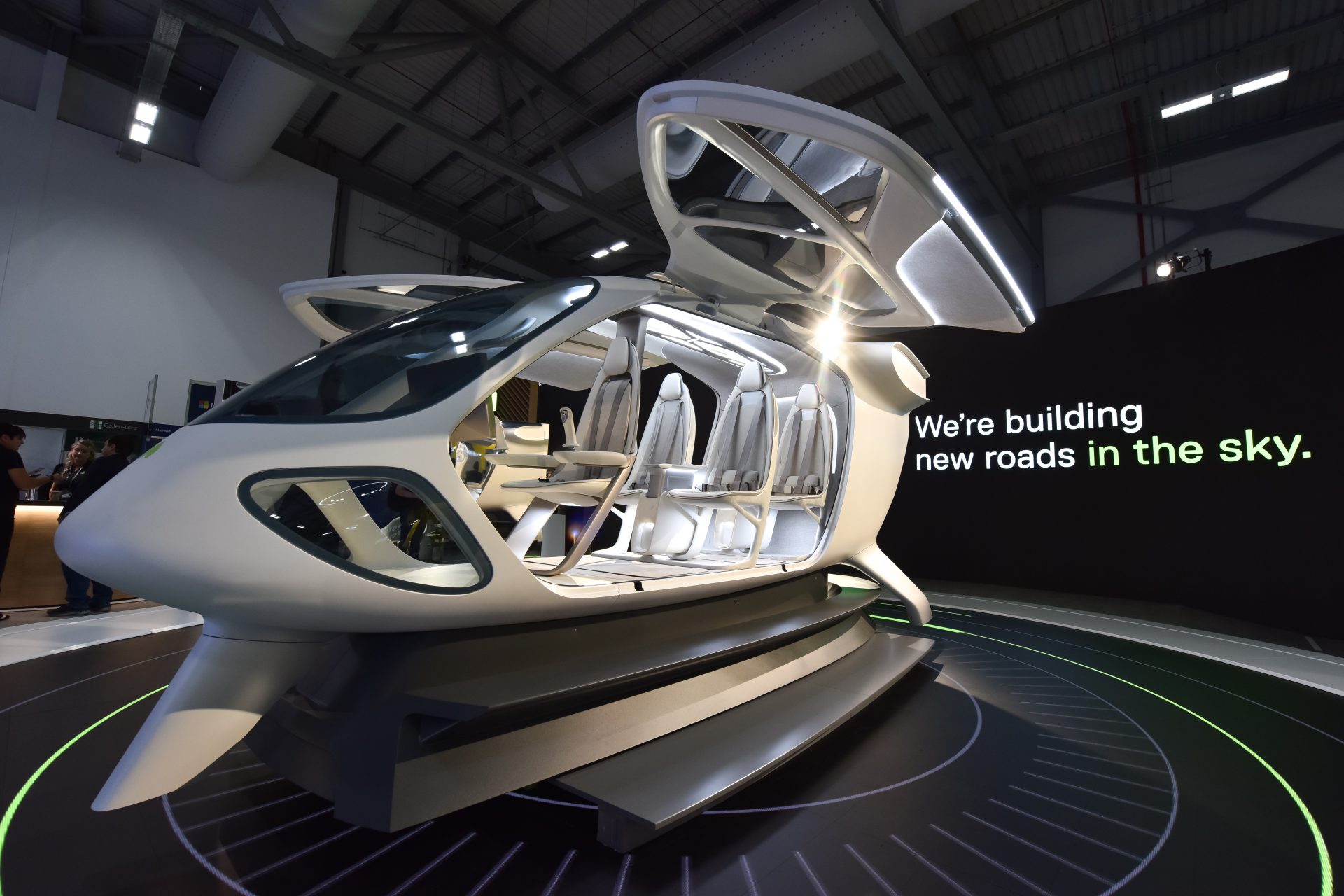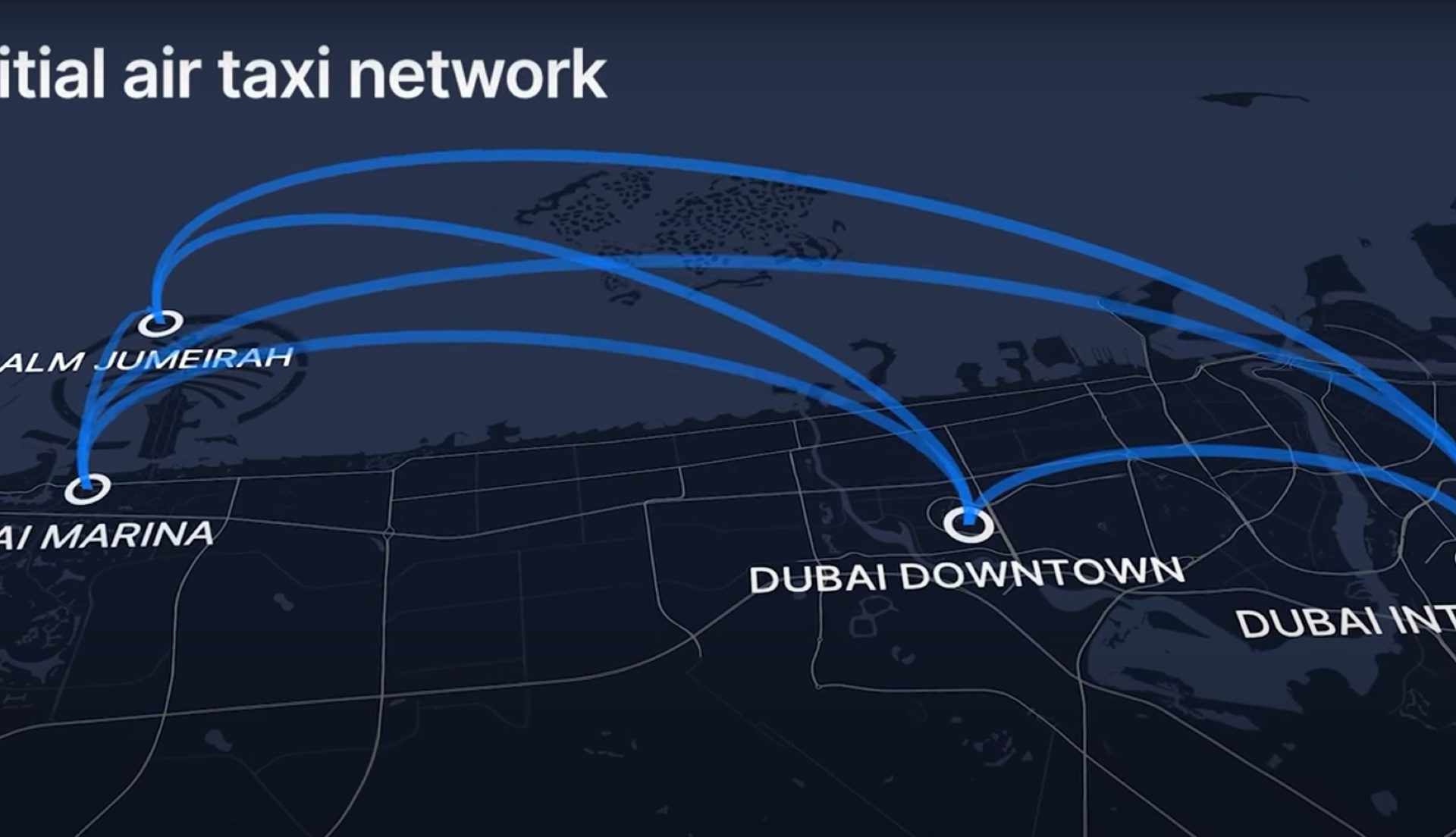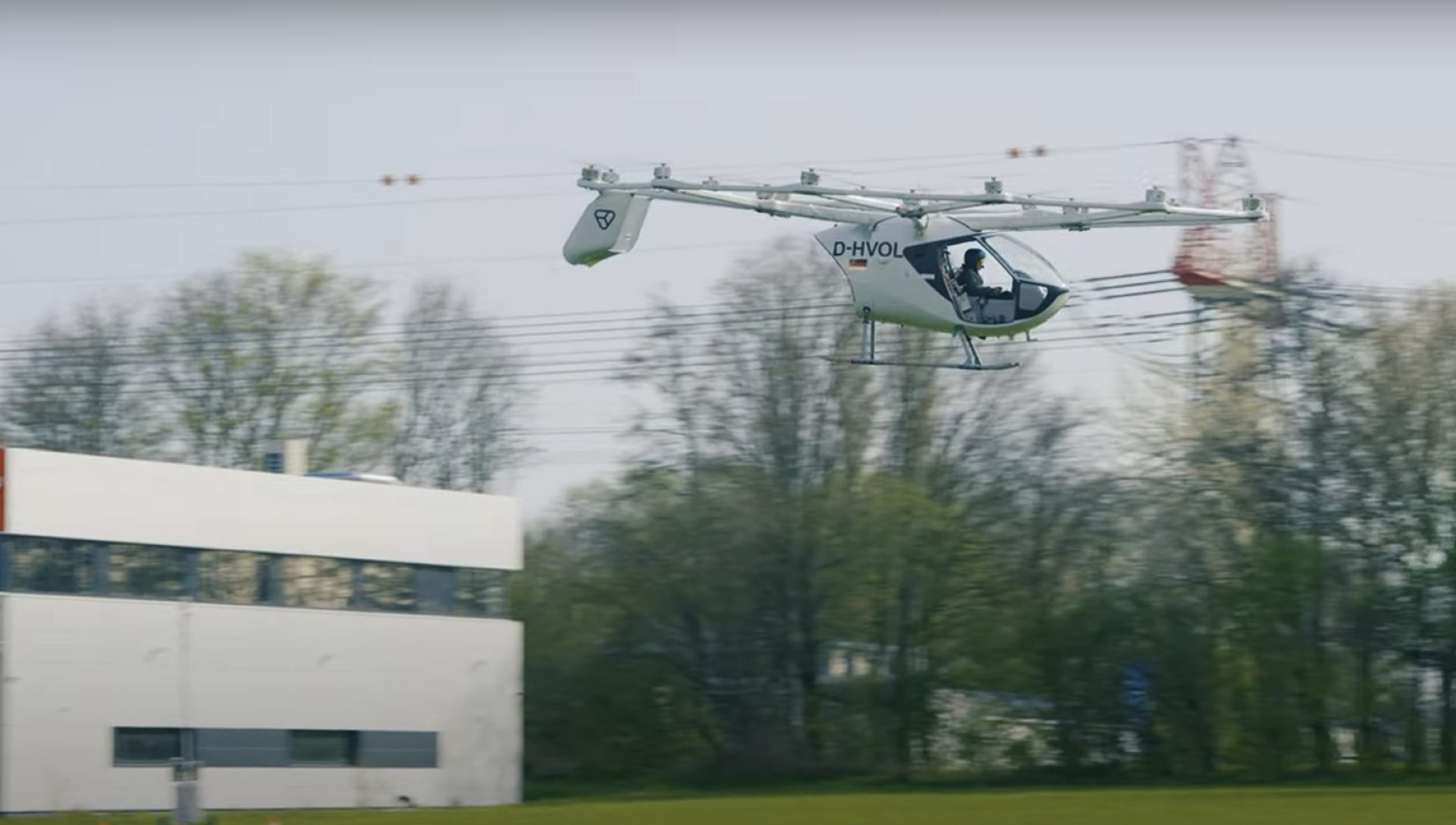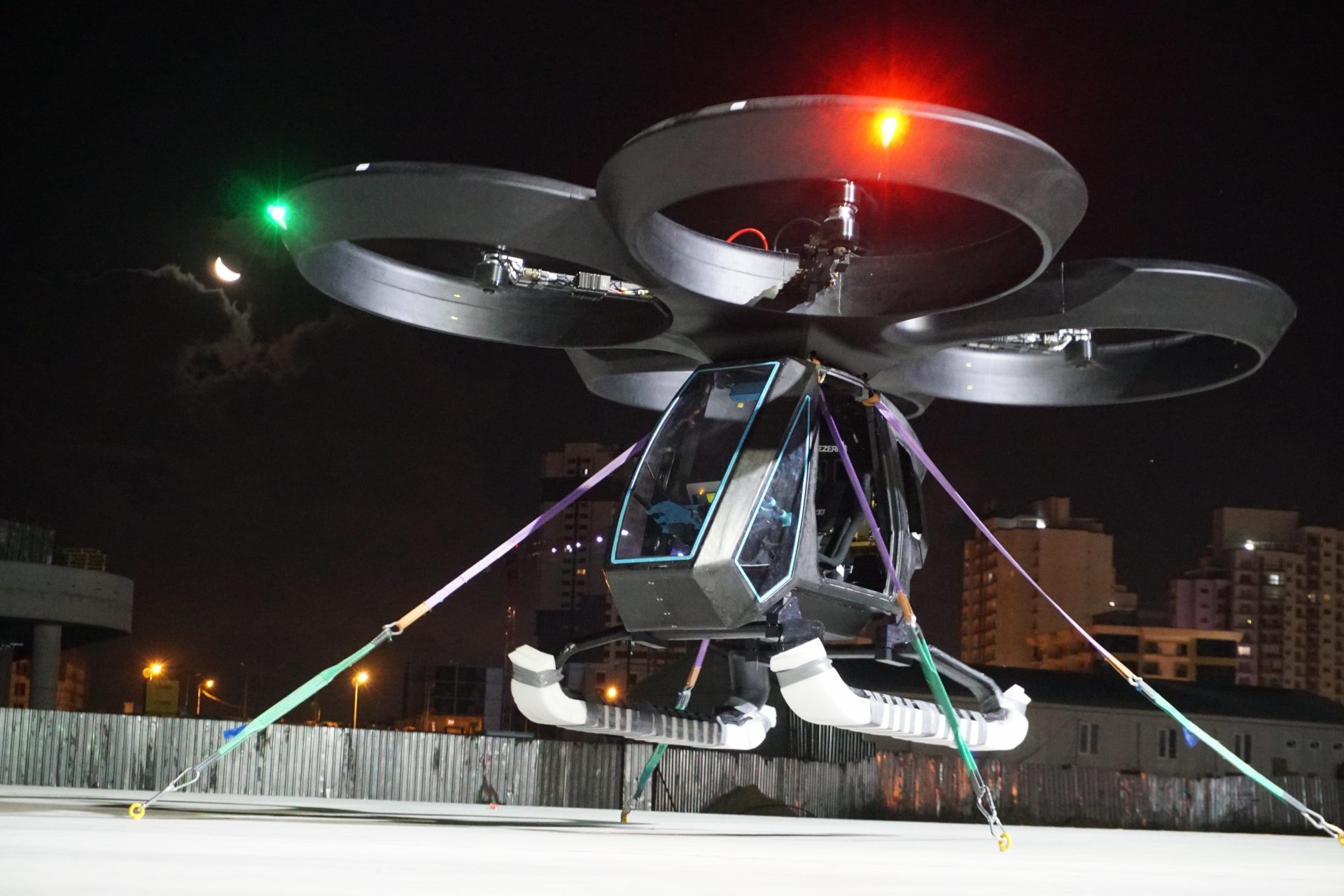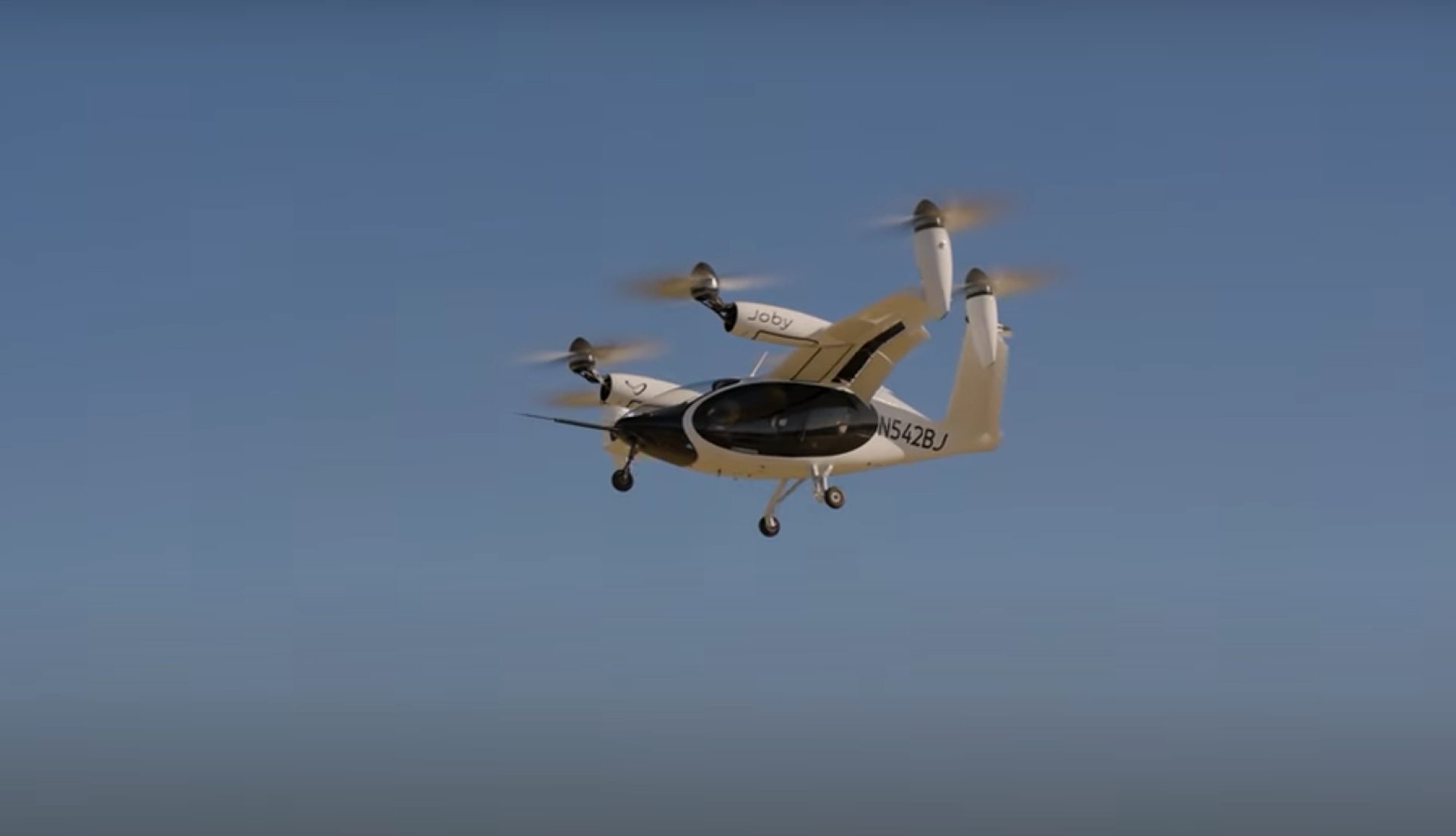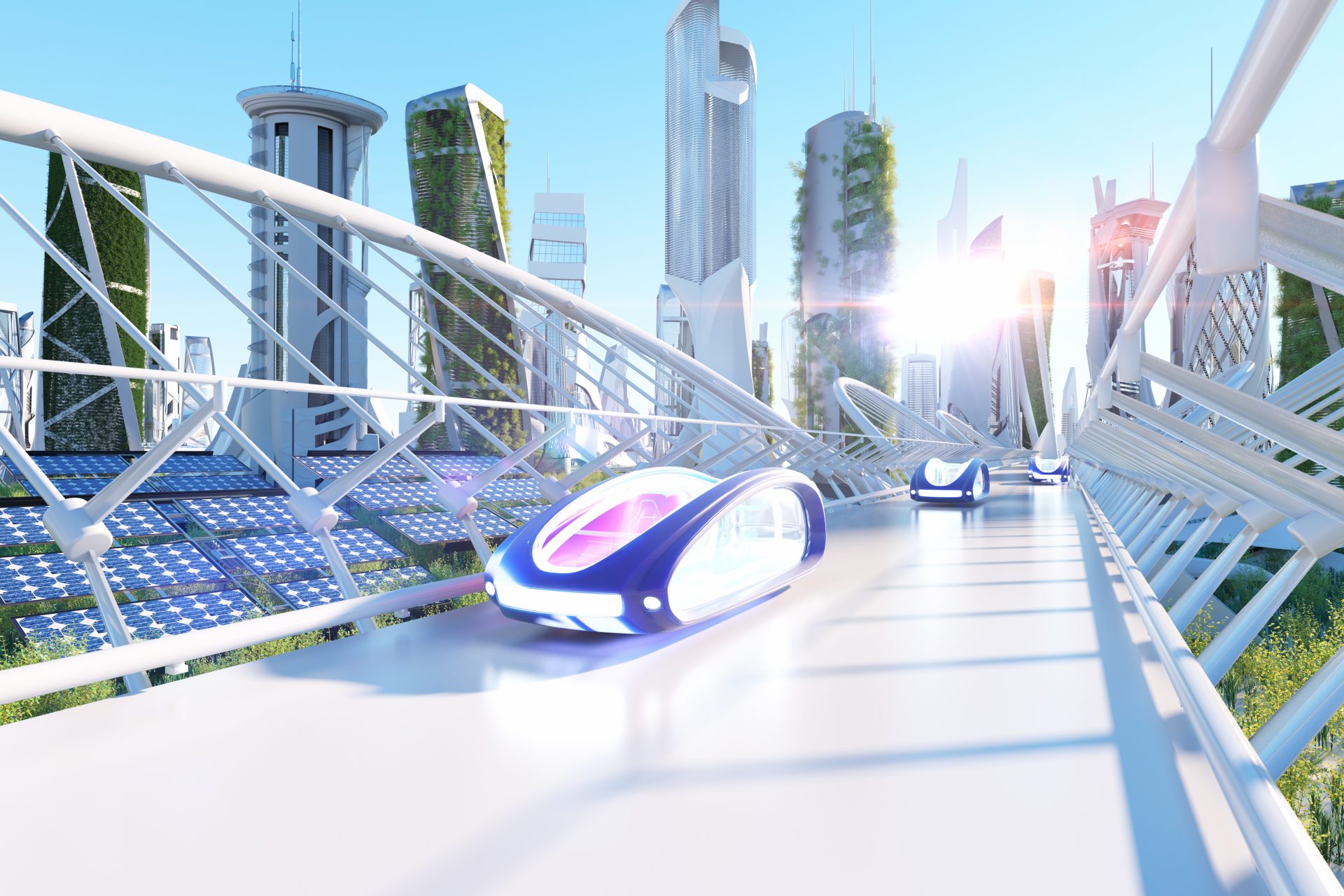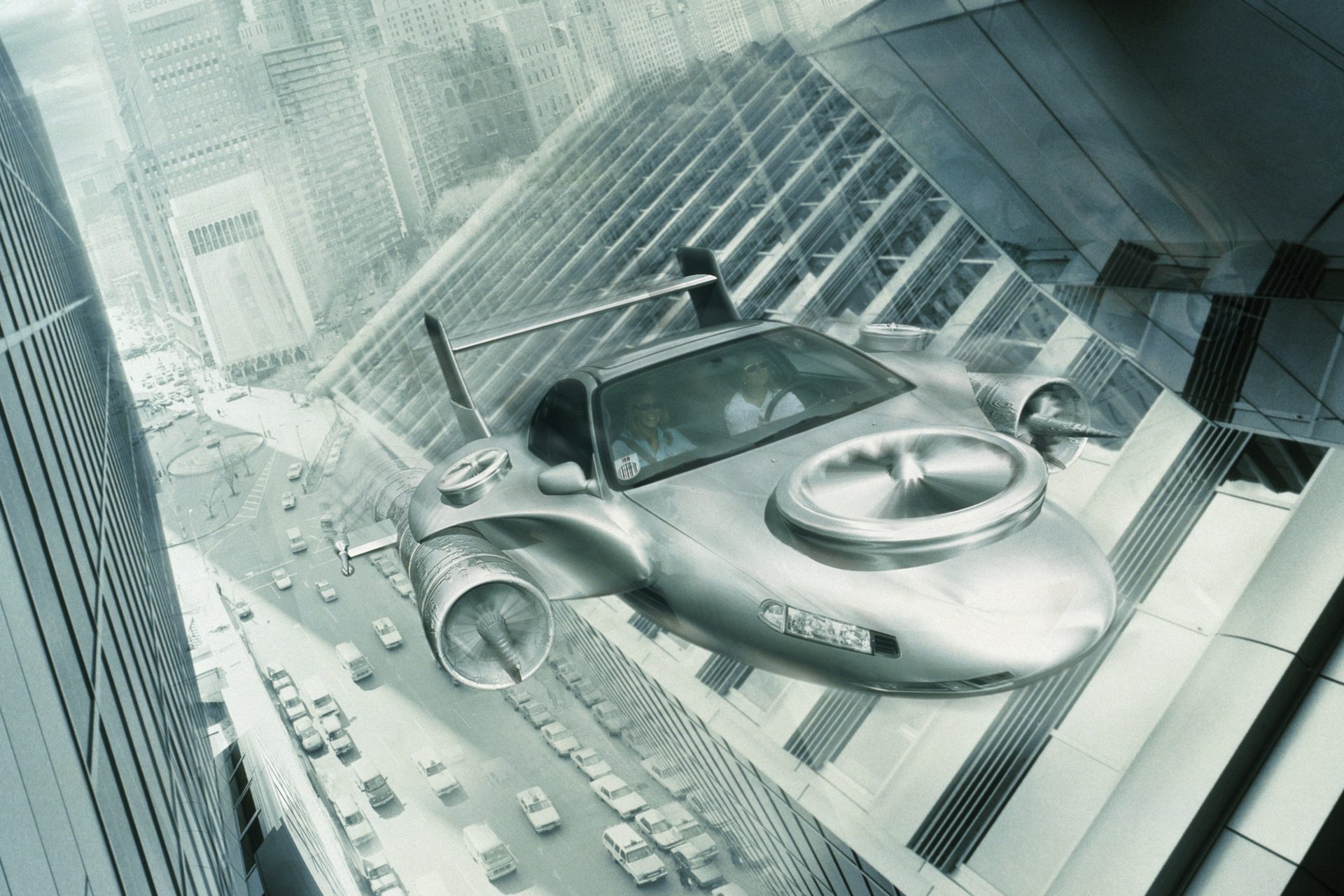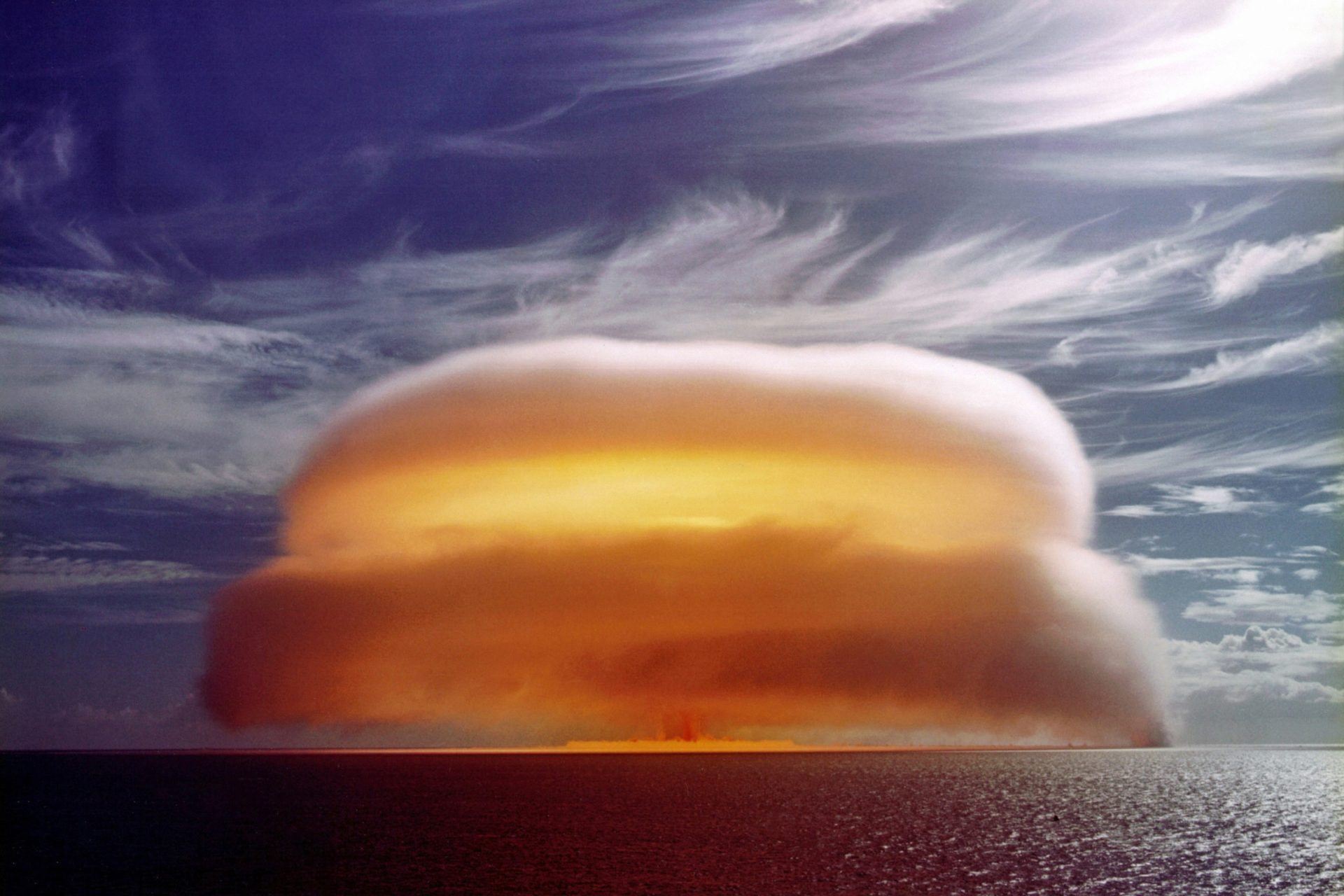Flying taxis: coming to a city near you in 2025?
Imagine nearly silent air taxis flying above traffic jams, navigating between skyscrapers, and landing at suburban "droneports." Instead of an Uber, you order a flying taxi. That's the future that engineer Jamey Jacob of the Oklahoma State University writes could be here sooner than you might think.
United Airlines has plans for electric air taxis in Chicago and New York, while the US military is already testing these futuristic vehicles, according to Jacob's article in The Conversation. These vehicles are called eVTOLs, which stands for "electric vertical take-off and landing (eVTOL) aircraft."
Dubai might launch an air taxi service as early as 2025. Indeed, in February 2024, Joby Aviation announced it had signed a definitive agreement to launch air taxi services in the Emerite by early 2026, though it is aiming for 2025!!
Image: Event Santa Cruz/Youtube
One company, Volocopter, has been aiming to fly participants at the 2024 Paris Olympics. But as time is running out, Bloomberg reports a lack of regulatory approval and battery problems are making that increasingly unlikely. However, the company is more optimistic that its Paris debut could come for the Paralympics in August.
Image: Volocopter/Youtube
Backed by billions in venture capital, startups like Joby, Archer, Wisk, and Lilium, along with aerospace giants Boeing and Airbus, are leading the development of the aircraft, called electric vertical takeoff and landing (eVTOL), according to Jacobs.
For now, eVTOLs are the most promising technology. They are designed for shorter trips, like the kinds helicopters might make, but at a hugely reduced cost, with less noise and less environmental impact, according to Jacobs.
As the technology has been tested, there have already been some notable crashes, as Bloomberg reports. A prototype operated by Vertical Aerospace Ltd. crashed in the UK last August, which was traced to a propeller-related failure. In 2022, a crash of a Joby Aviation craft was said to be caused by a propeller blade breaking off under stress testing. Both were being flown remotely at the time.
Image: Joby Aviation/Youtube
As Jacobs of Oklahoma State University explains, one of the biggest challenges for the technology is the limitations of current battery technology, which is what relegates them to short-range flights. However, hydrogen is being looked at to get around this problem.
Establishing comprehensive rules for vehicle safety and air traffic management is crucial to mainstreaming flying cars. For now, the US Federal Aviation Administration requires pilots to be present, even though the technology aims to allow autonomous driving eventually. In the US, it's also still unclear which authorities would define or manage "highways in the sky."
While there are around 400 startups dedicated to this futuristic flying car-like technology, according to the New Yorker, the risks are real. "The tacit industry motto seems to be 'Move slowly and break nothing;" says the article, which explains why they haven't been developing as fast as other Silicon Valley technology.
Yes, there are trials and the technology is ongoing, but to bring it to scale will be a challenge. As the New Yorker reports, aerial commuting across the Hudson River in New York would require "tens of thousands of drone taxis operating on regular, reliable schedules, with flawless safety records." So, the 'Back to the Future' fantasies will no doubt have to wait a bit longer.
More for you
Top Stories



